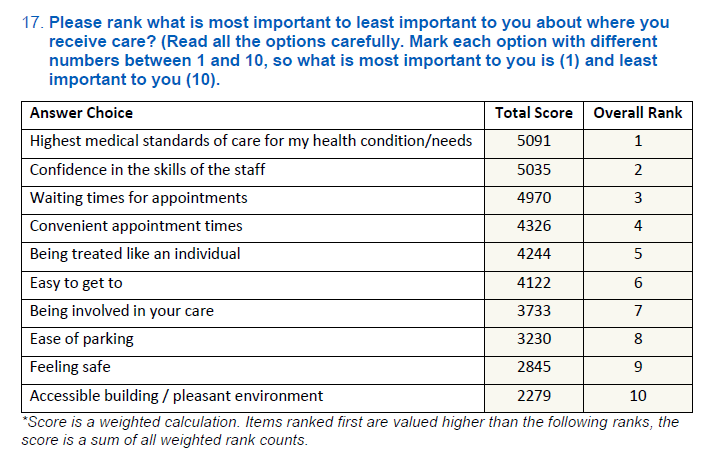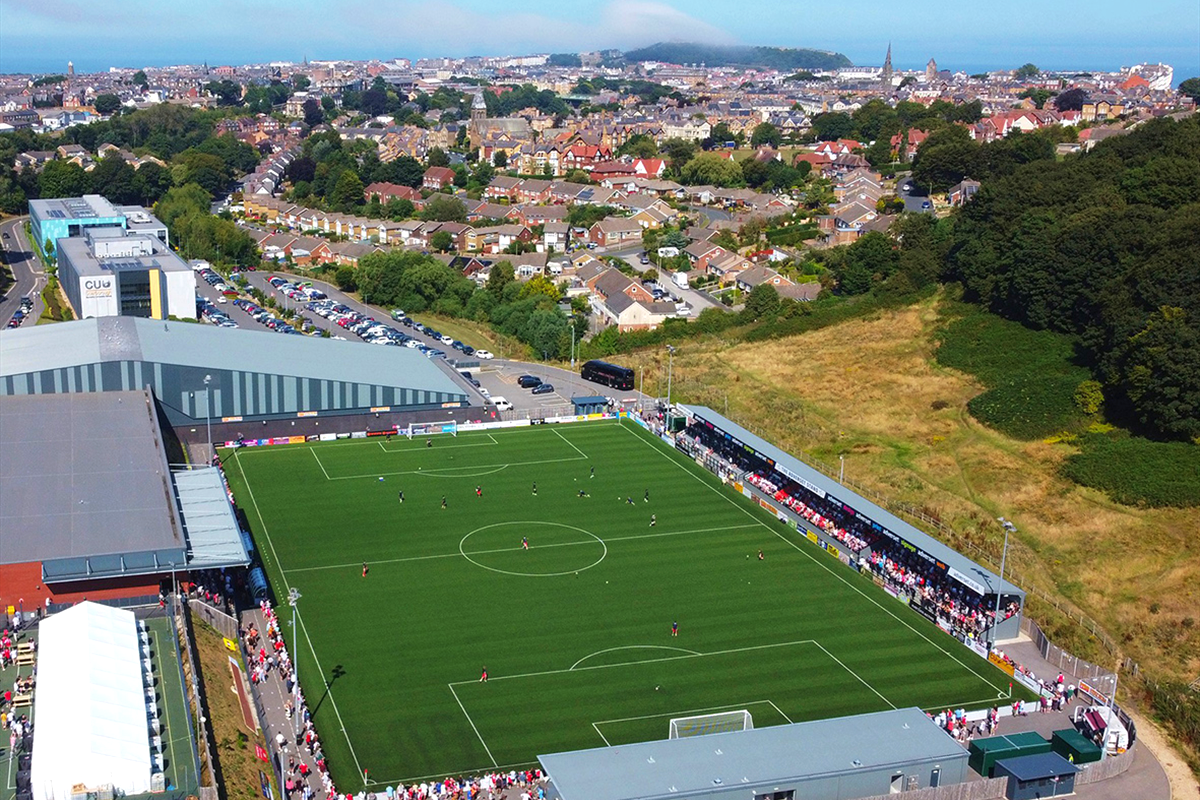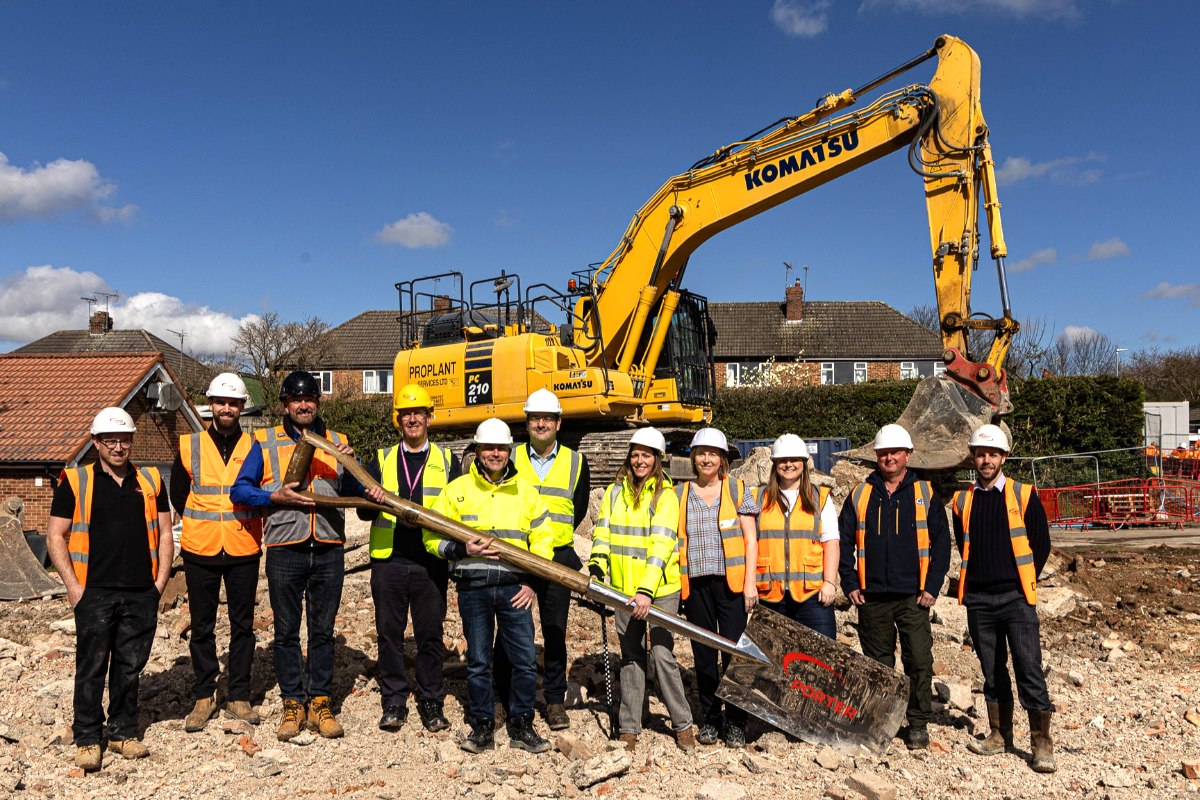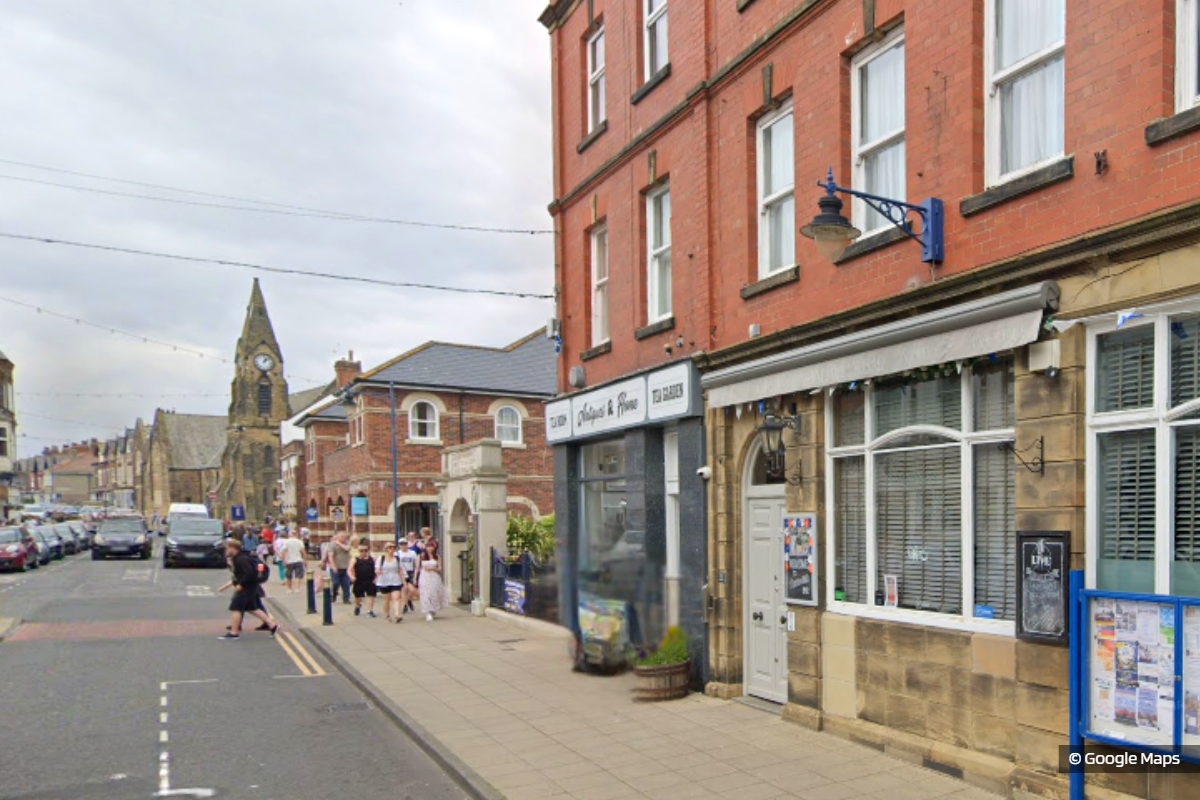
A recent healthcare survey conducted in Bridlington has highlighted significant challenges in the accessibility and delivery of local health services, with overall experiences described as "by no means positive".
The findings from the survey carried out last summer have underscored several key areas requiring improvement according to Simon Cox, East Riding of Yorkshire Place Director at Humber and North Yorkshire Integrated Care Board.
The survey, which gathered 745 responses, aimed to provide insights into the experiences of the local population.
According to Mr. Cox, the survey engagement work indicates that access to a number of services in Bridlington is facing issues, with dentistry being particularly challenged.
"I think in terms of the the summary of the engagement work, I think what we would recognize from that,
is that overall the experience of health and care in Bridlington is by no means positive.So I think there are issues in terms of access to a number of services. Dentistry, I think we would recognize as, as particularly challenged in Briton. It's rarely well provided in any part of the UK at the moment. In terms of NHS dentistry, I think we have to be honest and say that.
Dentistry in Briton is not unique in terms of being challenged, but it might be even more challenged than a number of other areas."
Bridlington is East Riding of Yorkshires largest settlement with over 41,000 registered GP patients. The town experiences a combination of factors impacting health, including an aging population, a concentration of deprivation, recruitment challenges in the health and care sectors, substance misuse issues, and limited transport options
Key findings from the survey included concerns about access to GP services, although Mr. Cox noted that it has "significantly improved over the past 2 years,"
"the aim was to be as transparent and open as possible and also not to suggest that in any way the population of Bridlington thought the NHS services were fantastic, because I think what we'd say is that they are, mixed at best, really. And although there are examples of very good care provided for the population of Bridlington, there are areas where we need to improve.
There were still concerns about GP access, although that has significantly improved over the past two years, and Bridlington actually has some of the best GP access in the East Riding however, I think people's experience of that is is variable.
There were concerns about the utilization of Bridlington hospital, concerns about access to mental health services.
Not surprisingly, for a relatively remote coastal area, there were issues around access to transportation"
When residents were asked about their priorities for healthcare, the survey revealed that the "most important thing is that the highest medical standards of care".
There were 745 responses through online platforms, a number of focus groups, when we ask people what's the most important thing?
The most important thing is that the highest medical standards of care. So people want high quality care. And that is their priority.
Secondly, typically people also want their waiting times to be as short as is reasonable or as, as short as is consistent with their condition.
And thirdly, then people also want wherever possible care to be close to them and for them to have ease of access.
Following this, people typically want "their waiting times to be as short as is reasonable" and, thirdly, "wherever possible care to be close to them and further Um to have ease of access".

However Mr. Cox says the results from this and other studies conducted by the ICB do show that people are prepared to travel to get the right treatment.
"The prime, requirement for people is that they have high quality care,
very often , particularly for things like elective planned operations, people want to be treated quickly and will often travel to more remote locations if that means they're going to be safely treated and they're going to be treated more quickly.
When people are asked about the impact of travel most demographic groups say travel is a relatively low consideration in terms of how they access healthcare. The demographic group, which not unsurprisingly considers that more significant, is the poorest.
So those people who are most disadvantaged are those people who are most likely to suffer from not having very local care.
Overall, the findings highlight several areas where access to healthcare is limited, including dental services and general practice appointments. Participants expressed frustration with long waiting times, challenges with booking systems, and what they deemed to be a lack of certain services locally, such as Accident & Emergency (A&E) care. Mental health services were also flagged as needing significant improvement, with concerns around long waiting times and insufficient support, particularly for young people.
The comprehensive feedback from the survey has led to the drafting of a Health Improvement Plan for Bridlington, focusing on priority programmes such as public health, primary care, dentistry, hospital care, diagnostics, rehabilitation and social care, and mental health.
This plan aims to provide a framework for the health and care community in Bridlington to work collaboratively to improve health and well-being outcomes for the population.
Mr. Cox emphasized that this plan "needs to be supported and delivered by all partners and enable focus attention to deliver its main priorities".




 Yorkshire Coast Attraction Offers Zoo Poo to Local Gardeners
Yorkshire Coast Attraction Offers Zoo Poo to Local Gardeners
 Over 2,300 Fans Sign Scarborough 3G Pitch Petition
Over 2,300 Fans Sign Scarborough 3G Pitch Petition
 Work Starts on New Sheltered Housing Scheme in Driffield
Work Starts on New Sheltered Housing Scheme in Driffield
 Appeal After Girl Sexually Assaulted on Whitby Bus
Appeal After Girl Sexually Assaulted on Whitby Bus
 Council Defers Filey Bar’s Licence Application Over ‘Insufficient’ Information
Council Defers Filey Bar’s Licence Application Over ‘Insufficient’ Information
 Scarborough's MP Seeking Solution to Scarborough Athletic Pitch Problems
Scarborough's MP Seeking Solution to Scarborough Athletic Pitch Problems
 Scarborough's Rainbow Centre Food Bank Faces Mounting Pressure Amid Cost of Living Crisis
Scarborough's Rainbow Centre Food Bank Faces Mounting Pressure Amid Cost of Living Crisis
 Help Offered for Victims of Stalking On the Yorkshire Coast
Help Offered for Victims of Stalking On the Yorkshire Coast
 Large Crowd Cheer Scarborough Onto Victory Amid Uncertainty Over Future.
Large Crowd Cheer Scarborough Onto Victory Amid Uncertainty Over Future.
 Whitby Town Secure Safety With Fourth Straight Win
Whitby Town Secure Safety With Fourth Straight Win
 Anti Social Behaviour Operation in Filey Yields Results
Anti Social Behaviour Operation in Filey Yields Results
 North Yorkshire Police Seek Volunteer Cadets
North Yorkshire Police Seek Volunteer Cadets










Comments
Add a comment